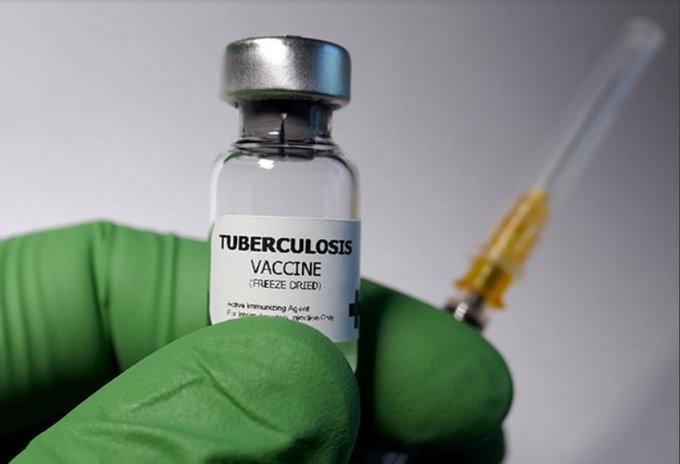|
Getting your Trinity Audio player ready...
|
Writes Baboloki Semele
June marked a pivotal moment for African healthcare as the African Union Development Agency (AUDA-NEPAD) collaborated with the Egyptian Drug Authority (EDA) to host a transformative initiative aimed at bolstering vaccine testing and lot release capabilities across the continent.
From June 9-13, 2024, delegates from Senegal and Botswana convened in Cairo under the auspices of The African Medicines Regulatory Harmonisation Initiative (AMRH). At the heart of this initiative lies the Laboratory Twinning Program, designed not only to impart critical skills but also to foster sustainable growth within local laboratories long after the program concludes.
The urgency of this endeavor cannot be overstated. With just five National Regulatory Authorities (NRAs) currently at ML3 status, capable of producing vaccines and medical products, Africa faces a pressing need to enhance its regulatory capacities. The program’s primary goal is to empower these laboratories with the expertise and standardized practices necessary to achieve and maintain high operational standards.
Led by the AMRH Secretariat in partnership with the EDA, the initiative aimed to facilitate knowledge exchange and collaboration among African quality control laboratories. Central to this effort is the enhancement of technical proficiency and analytical capabilities in vaccine testing. By standardizing methodologies and upgrading facilities to meet international benchmarks, the program seeks to ensure a comprehensive understanding of the vaccine lot release process across the continent.
“The Laboratory Twinning Program underscores our commitment to equipping African laboratories with the requisite skills for rigorous vaccine testing and quality control,” remarked Bationo Jean Fidele, Senior Program Officer at AMRH. “Through collaboration and harmonization, we strive to build a resilient healthcare system in Africa, driven by innovation and regional cooperation.”
One of the program’s key participants, the Botswana Medicines Regulatory Authority (BoMRA), exemplifies the transformative potential of this initiative. Established just six years ago, BoMRA has demonstrated a steadfast commitment to excellence, notably through its participation in the ZAZIBONA Collaborative Procedure. This collaborative effort has not only streamlined medicine registration processes but also ensured the availability of high-quality medicines throughout the region.
BoMRA’s ambitious aim to achieve ML3 status by 2025 highlights the profound impact of the Laboratory Twinning Program. Currently focusing on animal vaccines, BoMRA intends to leverage the program’s expertise to expand into human vaccine production, further bolstering Africa’s self-sufficiency in medical products.
For Africa to reduce its reliance on imported medicines and effectively address its healthcare needs, substantial investments in laboratory capacity are imperative. The Laboratory Twinning Program represents a critical stride towards achieving this goal, empowering African laboratories to meet local demand through the production of vaccines and essential medical products.
Participants believe that the collaboration between AUDA-NEPAD, the EDA, and participating NRAs signals a promising future for healthcare in Africa, adding that by nurturing local talent and fostering a culture of excellence in regulatory practices, this initiative paves the way for a self-reliant Africa capable of overcoming health challenges through innovation and collective effort. African Medicines Regulatory Harmonization (AMRH) programme started in 2009 as a response to addressing challenges faced by National Medicine Regulatory Authorities (NMRAs) in Africa.
These challenges include; weak or non-coherent legislative frameworks, sluggish medicine registration processes and subsequent delayed approval decisions, inefficiency, and limited technical capacity, among others. This situation translates into poor access to priority essential medicines by patients and is a contributing factor to over-priced medicines.
The programme aims to facilitate and coordinate the harmonization of medicines regulation and improve access to quality, safe, efficacious and affordable medicines in Africa as part of the broader African Union Framework on Pharmaceutical Manufacturing Plan for Africa (PMPA). To achieve this aim, AMRH works towards improving medicine registration processes and operational inefficiencies, thereby reducing registration times whilst enhancing the quality of the registration decision.






